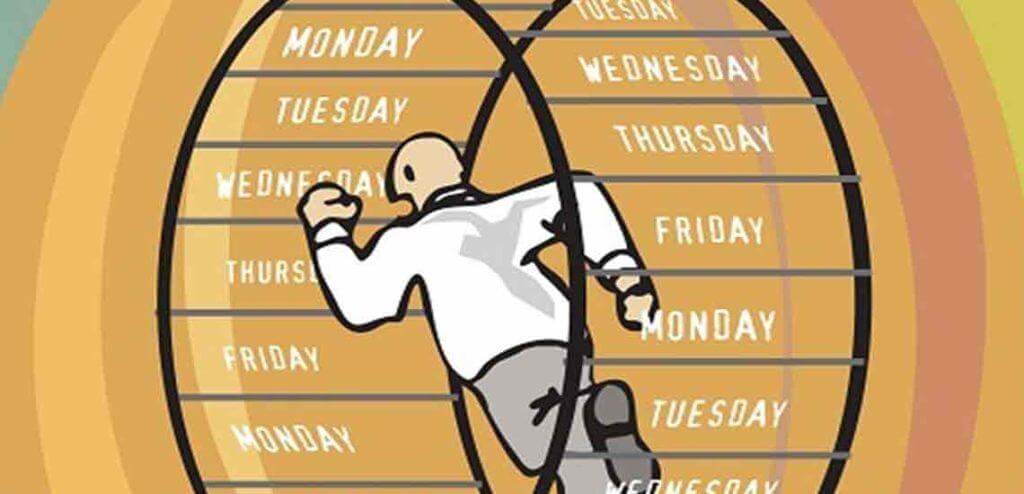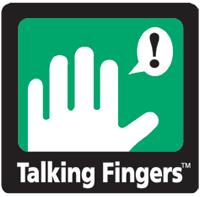
Help for Everyone
Get some guidance here about how your days will look, what outside support groups you should join, how to keep good records, when to ask for help with learning challenges, and what to do when you just want to quit.

Methods & Approaches
Learn about classical education at home and other approaches.
Subjects
Don’t know much about history? Don’t know much biology? Learn about the subjects and how to teach them.
Teaching Techniques & Tips
Tips and techniques that go beyond theory and help you teach real children.
Where to Jump in
If you’re starting in the middle, start here!
College Applications
Assigning credits, keeping records, and applying to college; find it all here.
Daily Life
A peek into real life as a homeschool family, and how to avoid burnout.
Finding Others
Learn about homeschool groups, co-ops, and other organizations, and find out how to connect with other homeschoolers online and in person.
Forms, Regulations & Record-Keeping
The wonderful world of paperwork: what really goes on your permanent record.
Learning Challenges
Learning challenges? Twice-exceptional? Find information and resources here.

Still need help? Ask the WTM community.
Thousands of parents and educators share tips and recommendations, encourage each other, and find support through our forums. You’re not on this journey alone. The Well-Trained Mind Forums Members are here to help.


































